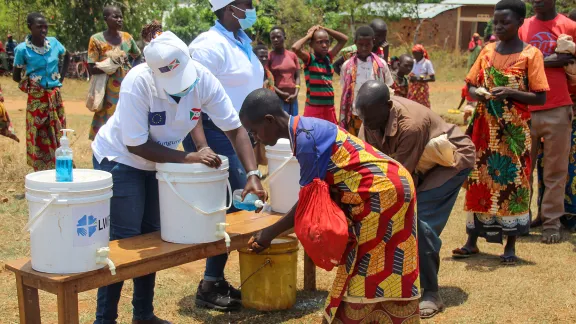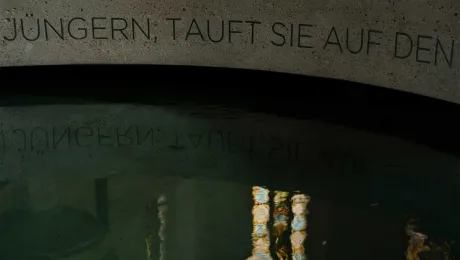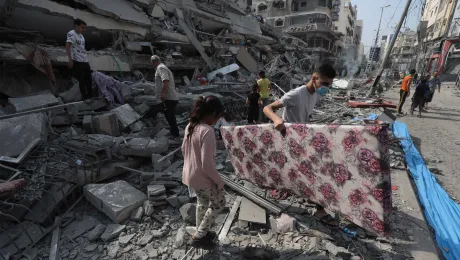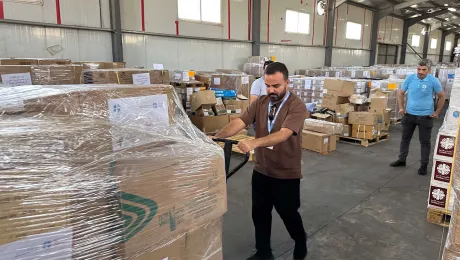
Hand washing before a distribution in Burundi. Water is essential to proper hygiene and to prevent the spread of COVID-19. Photo: LWF Burundi
Water essential for protection in times of COVID-19
(LWI) - One year after COVID-19 was declared a pandemic; many people still live without access to clean and safe water. "Access to water is still a problem in many places where we work," said Clovis Mwambutsa, LWF Regional Program Coordinator and focal point for water and sanitation (WASH). "You cannot practice proper hygiene without water." Safe access to safe water for drinking and household usage is a fundamental right, yet it is estimated that about 1 billion people worldwide do not have access to it.
In 2020, LWF, through its diaconal arm World Service provided water and sanitation in refugee camps, settlements for internally displaced people (IDP), and host communities in 11 country programs. With partners and local communities, the LWF constructed and managed wells, boreholes, and latrines, set up household hand-washing devices, and irrigation systems. People also received relief goods such as washbasins, soap and buckets. LWF also works with local authorities and the communities to maintain and safeguard this necessary infrastructure.
Water vital for every aspect of LWF’s humanitarian and development work
"The COVID-19 pandemic has increased the need because, for everything that we do, we need a plan on how to maintain hygiene for our staff and the people we serve. Even when using sanitizers, you still need to wash your hands frequently," Mwambutsa further explains. LWF World Service has increased its capacity in WASH to meet the rising demand and added a COVID-19 specific section to its internal water and sanitation guidelines.
Currently, LWF World Service manages the water supply in Minawao refugee camp, Cameroon, and partly in the refugee settlements in Northern Uganda, Northern Angola, Myanmar, and Daudiya, Iraq. In Ethiopia, LWF is supporting local farmer communities in building irrigation channels. In the Central African Republic, LWF, as part of the COVID- response, supports several hospitals' water supply. Irrigation schemes and overall water resources management through environmentally friendly techniques are part of agricultural livelihood projects in many countries and essential to long-term development.
Access to a nearby water source is also an issue of gender justice and protection, as usually, women and girls are responsible for fetching water. The long walks make them vulnerable to assault, and the hours they spend on this task every day are taken from their time to play, study or work. Access to safe water improves the health of pregnant women, new mothers, and their children.
On World Water Day, LWF World Service is calling for
- Investment in durable solutions to ensure access to water for all
- Protection of resources in times of climate change
- Equal distribution of resources allowing access to water as an essential service
- Meaningful involvement of communities to improve quality access to water
LWF/ C. Kästner
Support humanitarian and development work
LWF World Service provides water as part of an integrated intervention package with sanitation and hygiene promotion. In 2020, LWF implemented water projects in 11 country programs benefitting about 422,000 people, 58% of whom were refugees or IDP and 42% belonged to vulnerable communities.


